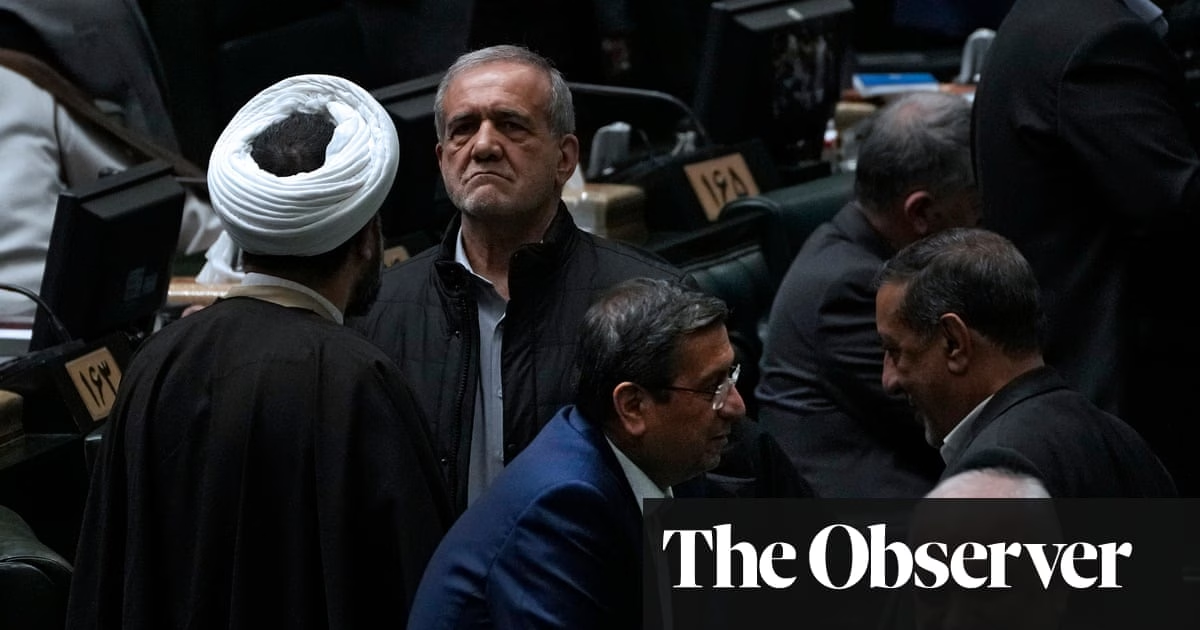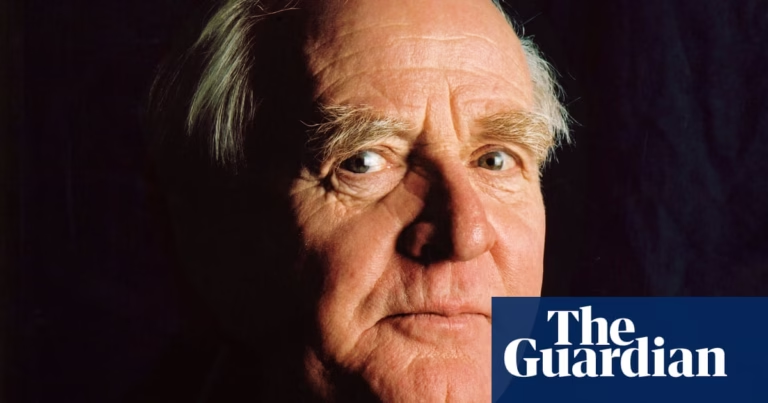In the past month, the conservative-dominated parliament has asserted its power over the broadly reformist president by impeaching and dismissing the experienced Minister of Economy. The Vice-President and prominent reformist, Mohammad Javad Zarif, has also been forced to step down.
These power moves were clearly against the wishes of President Masoud Pezeshkian, but the 85-year-old Supreme Leader, Ali Khamenei, seems to have decided against intervening to save him.
The parliament, emboldened by its success, is now summoning a further group of 11 ministers to question their performance in what appears to be an attempt to further harass Pezeshkian’s government into submission.
Rumors that Pezeshkian will soon resign have been widespread. His departure would confirm that the deep state in Iran will not tolerate a loss of power.
In a candid speech, Pezeshkian asserted himself, saying he had favored negotiations with the West, but the Supreme Leader had rejected them, making his position clear.
“My position has been and will remain that I believe in negotiations, but now we have to follow the parameters set by the Supreme Leader,” Pezeshkian stated. “When the Supreme Leader sets a direction, we must adapt ourselves to it. In order to adapt, we must try to find a way.”
Pezeshkian also highlighted the difficulties the government faced in terms of energy, water and power shortages, as well as extreme debts in various sectors such as agriculture and healthcare.
Additionally, Pezeshkian’s efforts to ease pressure on women to wear the hijab have faced constant challenges.
Sheikh Mohammed bin Abdulrahman bin Jassim Al Thani, the Prime Minister of Qatar, expressed concerns about the potential impact of an attack on Iran’s Bushehr nuclear power plant on water supplies in the region.
Despite the facade of economic mismanagement and poverty, these political maneuvers are part of a broader battle over relations with the West. Conservatives believe that Trump and Israel, an ally of the USA, are not only untrustworthy but also intend to bring about regime change in Iran.
Pezeshkian had argued during the election that Iran could maintain its independence while ending its confrontation with the West.
If Trump’s letter sets stringent conditions for Iran’s nuclear program talks, conservatives will feel justified in saying that the price Washington demands is too high. However, if Tehran rejects Trump’s approach, the likelihood of Israeli bombing of Iran’s nuclear sites becomes more imminent.
The main constraint on such an attack may not be Iran’s threats of reprisal but the objections from the Gulf states. The level-headed Prime Minister of Qatar, Sheikh Mohammed bin Abdulrahman Al Thani, warned that an attack on Bushehr could lead to the contamination of the Gulf and cause drinking water shortages within three days. This is because most countries in the region rely on desalination for their water supply.
So far, Iran’s professional diplomats have maintained their position that they will not negotiate directly with the United States. This keeps open the possibility of indirect talks mediated by Russia, revisiting a format of negotiations previously staged in Vienna under the Biden administration that failed to revive the 2015 nuclear deal. Accepting Trump’s offer might provide Iran with some extra time.
The consensus within Iran is that Trump’s letter is timed as a piece of psychological warfare, aimed at forcing Tehran into rejection, deepening divisions within the country, and escalating the crisis between the West and Iran to a climactic level.








